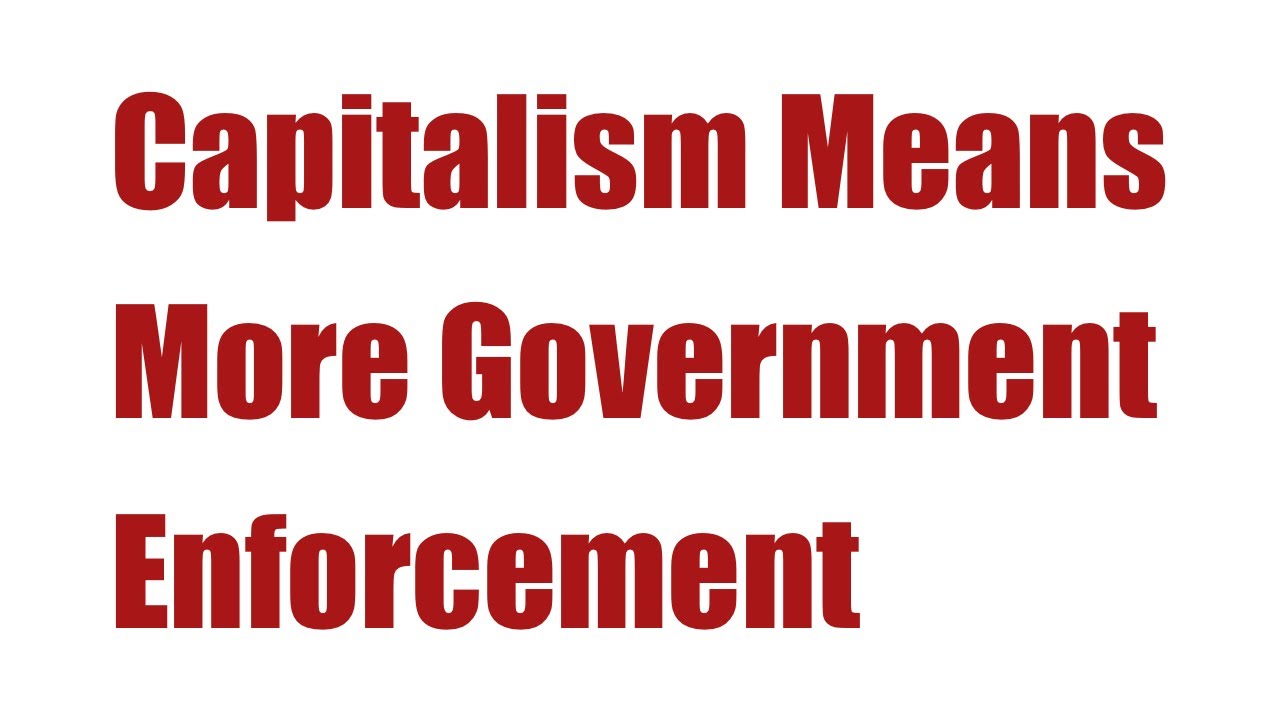GOAL: React to video and try putting more of my writing out into the world. Also, to practice thinking and writing about ET’s ideas. This was sort of a free write and I don’t have at all well-developed views on this topic.
First, I like that you have produced some content on this topic and I think your perspective on this is super valuable.
I agree that there are huge problems in government and in the corporate world. It looks like essentially the same people are running both types of organization. One confusion I have is about the relationship between culture and incentives. My understanding is that a bunch of countries have been trashed with bad government and a few have made comebacks with better government. If that’s true, it would seem that a better incentive system, like free market capitalism, would lead to better companies and even somewhat better people, on average.
On the other hand, I don’t think a system can be much better than it’s people over the long-term. I guess that a much better government wouldn’t last long in America (or anywhere else) because people generally opt for the kind of system that we currently have. I think you have said something related to this about regression to the mean with companies or inheritors of fortunes or something. Outstanding performance stands out because most people aren’t like that.
One reason that it seems like incentives matter is because it seems like there could be positive feedback loops from the system to the people. A bad system could produce worse and worse people over time and a good system could produce better and better people over time. I’m not sure if this is really the case but it kinda looks like it could be the case with most people today.
In your How The World Changes - YouTube video you talk about the problem of stumbling forward and there being different trends with some improving and some getting worse. By and large, it seems like companies have been stumbling forward in a lot of ways, based on anecdotes I’ve read or heard about the past. I guess the other big confusion I have is what to think about a world with lots of major problems which are not being addressed but also seems to be getting better in some ways. My general perspective has been that there are lots of huge problems in everything but the more important thing is whether progress is happening and whether the rate of progress in increasing. With big companies, I’m not sure whether the problem is that things are getting worse, not getting better, or not getting better fast enough.
I agree that under capitalism there should be much better recourse for victims of rights violations. I’m also unclear on how to zoom in on this problem. Companies are bad but so are police, lawyers and the court system. Companies not committing so much fraud seems like something that would only emerge after the average person in the world is much better.
Overall, I find thinking about this topic fun but difficult. It’s difficult for me to break down and analyze giant topics like this because my thinking diverges into the potential connections and interelationships.
I relistened to this podcast and thought of some questions.
Would a more capitalist system solve some fraud problems by allowing more competition between comapnies?
How comparable is the government’s failure to stop fraud to it’s failure to stop violent crime? My understanding is that the USA has a higher violent crime rate than a lot of Western Europe, Japan, South Korea and other English speaking countries.
I think ET has talked about the order of policy changes mattering. For example, open borders isn’t a good idea when your country is still a welfare state. Is there anything else that needs to be in place before fraud policing improvements can be made? ET mentioned that the laws are behind the times of internet technology. Does that mean there needs to be some improvements to intellectual property rights (or contract law, or torts, or whatever) before working on fraud policing or would it be better to work on those changes concurrently?
Another thought/question I have is about the government itself committing fraud. Are there things that the government does which can be thought of as fraud? If the government is doing fraud-like things, is that something that would have to be remedied before they could effectively take on policing the fraud in the corporate world?
Companies post fake job listings.
I did a quick search for definitions of fraud. I also looked at some explanations for why fake job postings aren’t considered fraud. Two reasons I saw were that it’s too hard to prove that the posting was actually fake and that it’s hard to show a victim suffered damages/losses required to prosecute fraud. Is this an area where fraud laws need to be updated? What versions of the fake job posting practice can be removed with greater fraud prevention? It’s seems hard to prove intent to deceive vs change in hiring conditions at the company.
